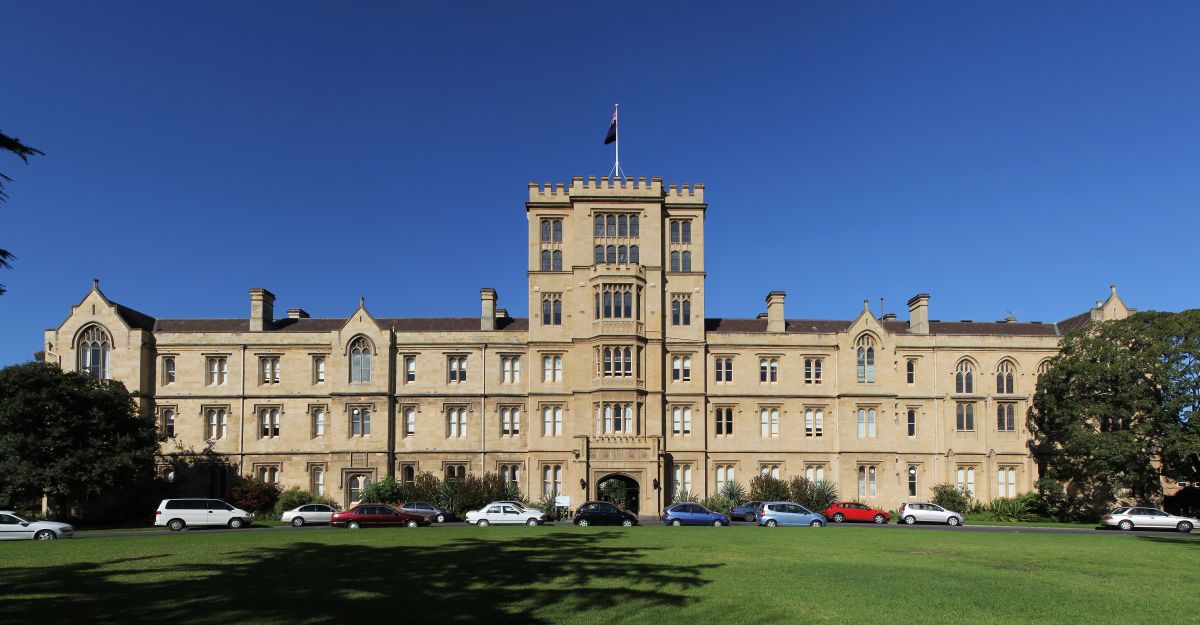My great grandparents were refugees reaching England from Russia 120 years ago. Growing up in London, loosely connected with the local liberal Jewish community, I experienced antisemitism. Since I encountered hypocrisy amongst congregants and teachers at my synagogue and within my family I grew as an independent thinker and an activist for social justice and human rights. This has been the core of my campaigning over the past 35 years. I opposed British support for South African apartheid and racism, and more recently have been challenging British/Australian support for Israeli apartheid, which denies Palestinian people their rights – in particular, I volunteer with the Freedom Flotilla Coalition, which sails against the illegal Israeli blockade of Gaza.
Palestine, and the Jewish country Israel created upon it, is especially sensitive to Britain for religious, political and strategic reasons. Palestine was and remains something colonial. The idea that Israel is deeply connected to Europe’s Jewish problem is something which resonates with me as my ancestors arrived shortly before the Aliens Act 1905, which was introduced to stem the flow of refugees, from Russia and Poland in particular.
The last two decades the British state, supported by tabloids bearing Islamophobic front pages, has become increasingly obsessed with a war on terror and establishing a hostile environment of immigration controls. This is a world risk society, where suspicion, fiction and fear determine the present and people are prepared to sacrifice rights at the altar of security.
The UK government has moved to restrict campaigning about Israeli crimes against Palestinian people at English universities. The Prevent Duty (Prevent) clause within the Counter Terrorism and Security Act 2015 requires public authorities to ‘have due regard to the need to prevent people from being drawn into terrorism’. Prevent operates in conjunction with increasing racism and Islamophobia, anti-Palestinianism and a new definition of antisemitism that deliberately conflates antisemitism and anti-Zionism. It is mistakenly assuming that support – especially by young Muslims – for Palestinian people resisting occupation and opposing current foreign policy is ‘radicalisation’, leading to terrorist activity.
In 2016, the British Government adopted this new definition of antisemitism and requires all Vice Chancellors to follow suit. There are very real effects on campuses – a Palestinian woman described being called a “racist” and an “antisemite” when volunteering on a Palestine solidarity stall, with some students telling her “Palestine does not exist”.
Universities are under pressure to meet perceived Prevent obligations, not to do so can impact their funding. Many have rolled out training to employees in an attempt to follow government implementation guides. Radicalisation indicators are often referred to, drawing upon an extensively critiqued science, with a propensity to target particular groups or topics. This training and implementation is objectionable, as it outsources surveillance beyond policing and security services to, in this case, university staff, with no judicial oversight.
Universities take their lead on risks from local police. In 2019, Counter Terrorism Policing produced a 24-page document to complement Prevent training which was presented at briefings and distributed to public sector workers. It notably flagged the Palestine Solidarity Campaign and other non-violent campaigning groups, including Greenpeace, PETA and Stop the War, alongside violent extremist organisations such as Combat 18 and the National Front.
Universities transfer pressure downwards to student unions, who in turn pressure some student groups and it is students who are particularly affected. Many events are cancelled and onerous, discriminatory requirements are required of societies planning activities, especially during Israeli Apartheid Week.
Not everything related to Palestine is necessarily taboo or off limits. Research, teaching, charitable activities and sometimes even solidarity are acceptable, provided you are good migrants, good Muslims, etc. Campaigning is likely to become unacceptable when foreign policy or university complicity with Israeli human rights violations are highlighted, especially if working intersectionally and demanding decolonisation. In a highly publicised incident in 2019 at Kings College London, the university politically profiled students, blocked their ID cards, and prevented entry to the university.
University managements often conflate Palestine and Islam, similar to the conflation of Israel and Judaism. According to one student interviewee on campus, when people hear Palestine, ‘they almost synonymise it with terrorism’. A former National Union of Students president reported how, complaints about Prevent, were usually from ‘the Palestine society, or the Islamic society’. A national students’ representative corroborated this, describing helping more than 40 Palestine related events over 21 months.
Events that are simply calls for Palestinian freedom can be flagged as extreme Islamic threats with senior managers calling people into meetings, making last minute phone calls, demanding scripts of speakers, or restricting tickets to students only which limits the event’s reach.
Despite attacks on freedom of speech concerning Palestine at universities, students and staff are resisting and continuing to campaign for the rights of Palestinian people. Prevent has built an environment of silence and fear and although some students and staff may self-censor or limit their involvement, others refuse to shrink back. Students continue to speak out and put their education and bodies on the line as they occupy buildings, intervene in boardroom meetings and oppose former Israeli soldiers or regime representatives speaking on campus.
Let’s amplify their voices and defend those who expose and demand an end to institutional and governmental complicity in Israeli human rights violations against Palestinian people.






